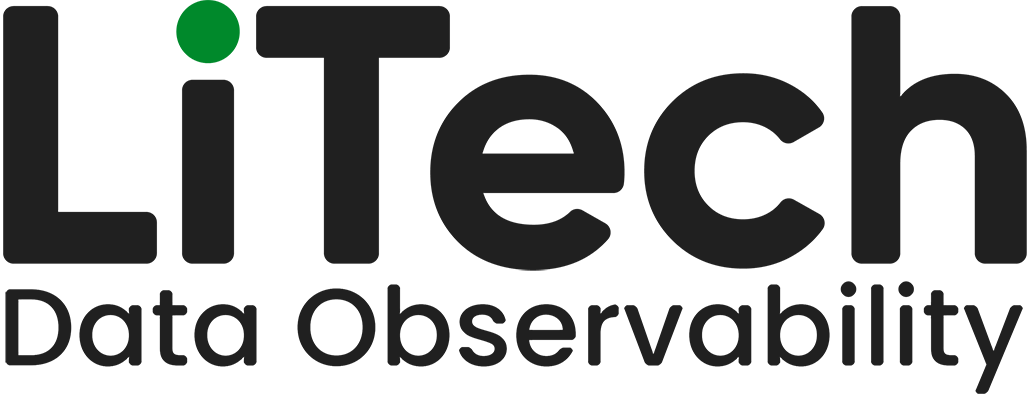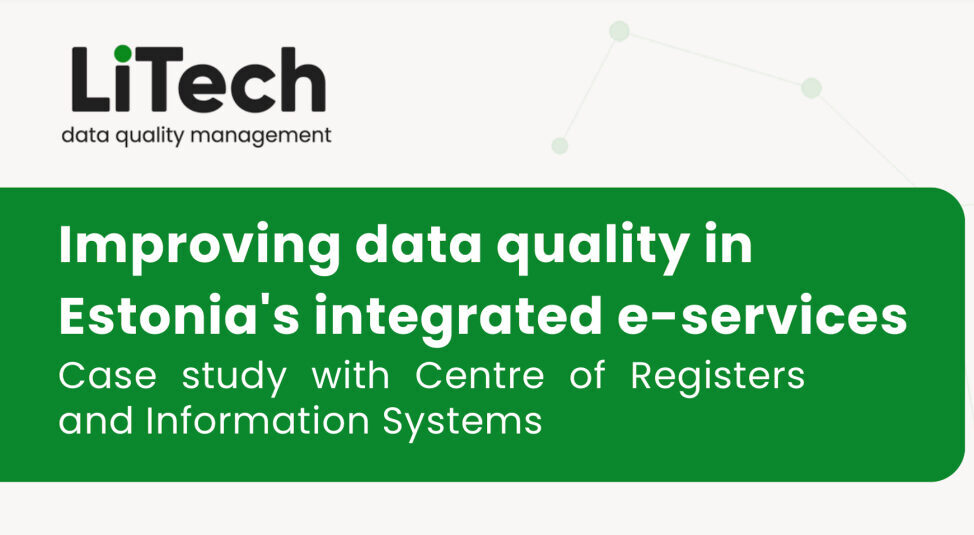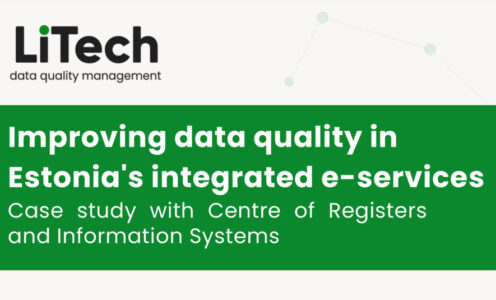Centre of Registers and Information Systems
The Centre of Registers and Information Systems (RIK) is a government agency under the jurisdiction of the Ministry of Justice of Estonia with the aim to establish an innovative environment providing integrated e-services for a more efficient implementation of state administration, legal and criminal policy. They have developed and administer over 80 different systems and various registers important both for the state and its citizens.
RIK is an experienced developer, manager and administrator of IT-systems in the public sector, that governs massive databases for various Estonian judicial e-services. For example, the e-Business Register, the e-Notary system, the e-Land Register, the information system of courts, the Probation Supervision Register, the Prisoners Register, the Criminal Records Database, the e-File, the electronic State Gazette, and more.
Challenges
When handling large amounts of data that’s crucial for many of the Ministry of Justice’s employees’ everyday work, issues with data can affect not only their everyday tasks, but also the citizens.
Some of the concerns RIK’s data teams faced on a daily basis were:
- Requests from data users to fix found errors
- Errors loading data when a system is not responding
- Faulty statistics due to poor data
- Missing values when importing data
- erroneous information affecting employee workflows
How LiTech is helping
With many different systems and databases, doing daily manual data validations and solving ticket requests related to data issues takes priority from other tasks, while also consuming a lot of time from users. All the while data downtime is affecting other users from many different departments.
To counter these issues, the team at RIK looked into LiTech’s data observability solution with the goals of getting a visualised overview of the quality of data in institutional systems, testing new internal features and changes, automating data validations and error reporting, and saving time with finding and fixing data errors.This also meant implementing new internal processes for better data management. For example, every time a new error is found, a new regression test is created within the DQM application to prevent the same errors from impacting different processes in the future.
Impact
Implementation of LiTech’s data quality management application has had a positive impact on RIK-s data quality processes. The application brings great benefits in getting a systematic overview of the quality of data in the institution’s systems and allows for increased automation in data governance processes.
This saves time as RIK can validate data automatically on a daily basis and the system administrators do not have to check the data manually every couple of hours. The self-service application gives the freedom to create test cases based on the users’ need, and the role-based access gives different departments the possibility to define and execute data tests on demand.
Previously, users created a lot of requests by notifying data teams of various errors. With LiTech’s DQM, RIK managed to reduce the amount of tickets by proactively solving data issues, resulting in data users being more satisfied with the service and quality. They also improved the integrations between systems where data didn’t get loaded from the source to the target due to unforeseen errors by implementing validations into data pipelines and automating alerting.
In addition, RIK can offer more transparent communication with the business side, allowing them to define business rule validations and discover issues sooner. This increased transparency fosters collaboration between the IT and business units. On the other hand, the IT side can reciprocate by enhancing transparency regarding data quality issues within the system. This involves presenting these issues to the business side, enabling them to prioritize and allocate resources to address specific problems effectively. This dual-sided transparency not only strengthens collaboration but also empowers informed decision-making between the organizations.
LiTech’s software was implemented over two years ago and is currently being used daily in eight different databases (ie. Register of Prisoners, Land Register, Museum Information System) with many more to follow in the near future. The application is being used by five different data teams, including database managers, data analysts and engineers. Currently there are close to 260 different test cases that are being run almost daily.
Why LiTech?
LiTech’s data quality management application is easy to use and understand, giving the users dynamic features for better data quality management. In addition, LiTech provides quick, professional support and is open to on-demand developments based on our feedback.


